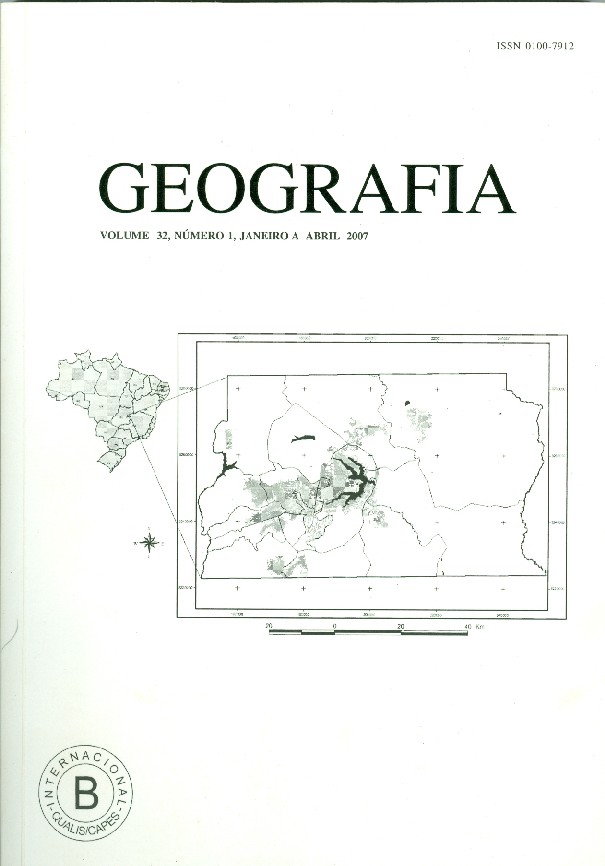Environmental quality assessment in complex system: Piçarrão River Basin (Campinas-SP-Brazil)
Abstract
Based on complexity and sustainability paradigms and using indicators as methodological procedure, this work evaluated environmental quality of Piçarrão river basin (Campinas - São Paulo State - Brazil). Geomorphological characteristics were used to define nine environmental units and their environmental qualities were assessed through application of eleven indicators, divided into three categories (pressure, state and response). Comparative evaluation between environmental units showed very heterogeneous situations, but all of them share the fact that – at different levels and because distinct (although complementary) reasons – they are far from an urban sustainable development. Thus, environmental quality assessment of Piçarrão river basin reveals the consequences of an urbanization ruled by private economic interests in detriment of collective welfare. This process causes degradation of physical-natural subsystem, as well generates and reinforces social inequality and exclusion (reflecting in socio-spatial segregation and unequal vulnerabilities to natural risks). Key-Words: River basin. Environmental quality. Indicator. Complexity. Sustainability.Downloads
Issue
Section
License
The authors maintain the copyright and grant GEOGRAFIA the right of first publication, with the articles simultaneously licensed under the Creative Commons BY 4.0 License, which allows sharing and adapting the articles for any purpose, as long as appropriate credits and provisions of image rights, privacy or moral rights. Other legal attributions can be accessed at: https://creativecommons.org/licenses/by/4.0/legalcode.en.
Geography, Rio Claro, SP, Brazil - eISSN 1983-8700 is licensed under the Creative Commons BY 4.0 License.





